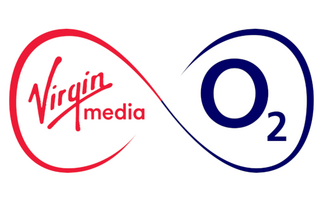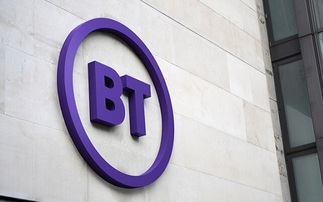BT, Vodafone, Virgin Media and Sky all have their say on whether BT should be separated from its network infrastructure arm
When Ofcom announced it would be working on a strategic review of digital communications - the first such review in 10 years - there was inevitably going to be griping from some who perceive the playing field within the industry to be about as flat as Tibet.
It is something we've seen before with the launch of 4G and more recently with BT's acquisition of EE, with, in the case of the latter, many of BT's competitors complaining that the deal would give BT an unfair advantage by adding yet another communications division to its portfolio.
Ten years ago, the main issue under review was the creation of BT's infrastructure arm Openreach, whereas now the focus is on whether Openreach should be structurally separated from BT.
Vodafone, Sky and TalkTalk have all publicly stated that they think BT should be separated from Openreach, while BT has hit back stating that such a move would be bad for BT shareholders and bad for the UK as whole.
The general consensus among BT's rivals is that the telecoms giant enjoys a virtual monopoly of the communications market, even more so with the acquisition of EE. And furthermore, as it also owns Openreach, it has an edge over its rivals in the broadband space - as the likes of Sky, TalkTalk and Vodafone all rely on Openreach infrastructure to provide their customers with broadband.
According to Sky's chief strategy officer, Mai Fyfield, when BT switches a customer to fibre, it just hands over a notional fee from one internal division to another, whereas other providers face a real increase in costs that makes it less attractive to invest in upgrading customers.
"This poses long-term problems for competition, with the risk that BT will recreate its former dominance in retail customers," she wrote in the Daily Telegraph.
Matthew Braovac, head of regulatory affairs and competition at Vodafone UK, suggested to Computing that over the past 10 years BT has achieved an upside of around £4bn over and above the cost of capital for the product that it sells to the rest of the industry.
"There is a very serious issue of ‘over recovery' which creates a revenue stream by BT which is unmatched by any other operator in the industry and we think that creates anti-competitive distortions in adjacent markets," he said.
He added that having Openreach inside BT "creates incentives for BT to discriminate against other operators".
"We have a set of rules, which are intended to mitigate and reduce the effect of that incentive, but I think it's always difficult to police things like that, so I think a structural separation would be a much cleaner way of dealing with that issue," Braovac said.
What Braovac was referring to is the fact that BT and Openreach are in fact functionally separated. What this means, according to BT's director of regulatory affairs, Mark Shurmer, is that there are rules regarding how Openreach interacts with BT and its external customers.
"It provides the same products and terms and conditions including price to all customers including BT and there are certain ringfences about information sharing - they have to tell everyone when a new product launches, not just BT. There are also very stringent accounting rules, and indeed it would be obvious if we were using profits from one side of the business to another - you can see from publicly available records that it's not happening," Shurmer said.






















